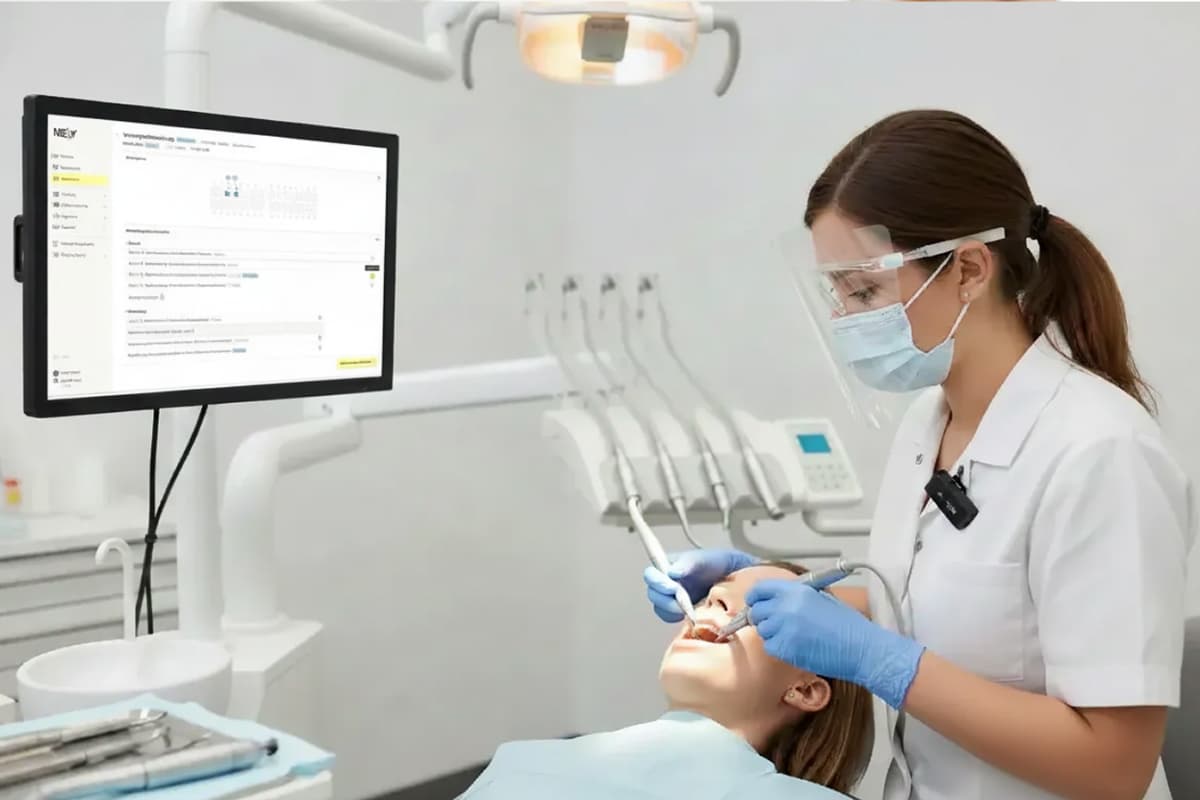What are the legal bases for patient education?
Regardless of whether physical or digital support for patient education — the legislator obliges practitioners in principle to provide patients with consent to medical treatment significant circumstances enlighten. Significant circumstances include in particular - but not exclusively - in accordance with page 2:
- type
- scoping
- implementation
- Expected consequences and risks of the measure
- their need
- urgency
- suitability
- Chances of success with regard to diagnosis or treatment
Why is there a need for clarification?
The aim of enlightenment is Safeguarding the right of self-determination of the patient: Within the framework of constitutional and other fundamental values of the legal system, each individual should be able to freely determine their own body and what happens to it.
It should therefore be up to the patient whether he wants treatment and which risks and opportunities of alternative therapies he chooses.
Who is allowed to educate the patient and how?
From a formal point of view, the legislator has several requirements:
- Enlightenment must always verbally in a personal conversation take place between doctor and patient.
- It must be carried out before the specific treatment, namely In good time that the patient has the opportunity to weigh up the pros and cons. Apart from emergencies and special situations, he must have one of the significance of the intervention reasonable period for consideration Remain to form the will.
- The information must depend on the individual patient for this Comprehensible in terms of language and content be.

Which patient education documents are required?
The use of accompanying documents as part of the educational interview, such as clarification forms, is not required by law. However, relevant documents may determine the content of the information for the patient easier to understand They are therefore regularly used in practice.
In addition, it has proven effective to record the content of the informational interview to protect against possible medical liability claims and to have it signed off by the patient afterwards in order to Liability process prove proper clarification to be able to.
Is digital education for patients allowed?
There are no formal requirements for patient information documentation on the part of the legislator. An information form therefore does not have to be physically available nor necessarily signed by the patient by hand. If the information is accompanied by information forms and these are then signed by the patient, the legislator only provides that a version be handed over to the patient.
Digital support for patient education or virtual documentation and signing are therefore permitted.

What is the evidentiary value of digital patient education documents?
In fact, there are even voices in legal literature that attach greater importance to the evidentiary value of digital documentation than handwritten documentation:
“The evidentiary value of a digital information sheet, which was provided by means of an electronic signature by the patient and is protected against subsequent manipulation by the security measures shown, has no reduced evidentiary value compared to previous handwritten documentation, which Possibilities of manipulation can even be reduced and the evidentiary value thus increased become.” (Professor Dr. Andreas Spickhoff in VersR 2013, 1350)
The future of patient education
In conclusion, it can therefore be said that digital monitoring of patient education is both a permissible, legally compliant and more unbureaucratic alternative that reduces “paperwork” in a practice. With the help of digital tools such as Nelly, information-related documents can now be easily signed and stored using a digital signature.
In the future, it will be possible to effectively digitally sign other documents. The Federal Government recently laid down the basis for the Fourth Bureaucracy Relief Act (BEG IV). The aim is to make the electronic form or text form a rule in the Civil Code (BGB) and to use the written form exclusively as a substitute for the electronic form. This is intended to promote modern and digitally supported healthcare.
Digital educational forms from Nelly
Nelly offers digital educational forms for your practice. Your benefits:
- Maximum customization at the push of a button: Design your information forms quickly and intuitively. Regardless of whether it is the material, the affected region or a specific tooth — you determine what is relevant.
- Clear and transparent preview: Before final approval, you and your patients can review the forms in a clear preview. This ensures maximum precision and patient satisfaction.
- Digital efficiency: All relevant information, such as the time of the procedure, procedure and medical notes, is recorded digitally and can be retrieved at any time.
- Improved patient experience: Together with your patients, you can digitally go through and explain all aspects of treatment — from side effects to rules of conduct before and after the procedure.
- Seamless communication: With just one click, the forms can be sent to the patient via SMS or email. Simple, efficient and uncomplicated.
- Easy access for everyone: The documents can be viewed at any time via both the doctor and patient portals. This promotes trust and transparency in your practice.
Now you too can create a digital workflow in your practice. We advise you non-binding and free to your individual case!

Please note that this guide was created for informational purposes only, has no legally binding effect and does not involve any legal advice.












